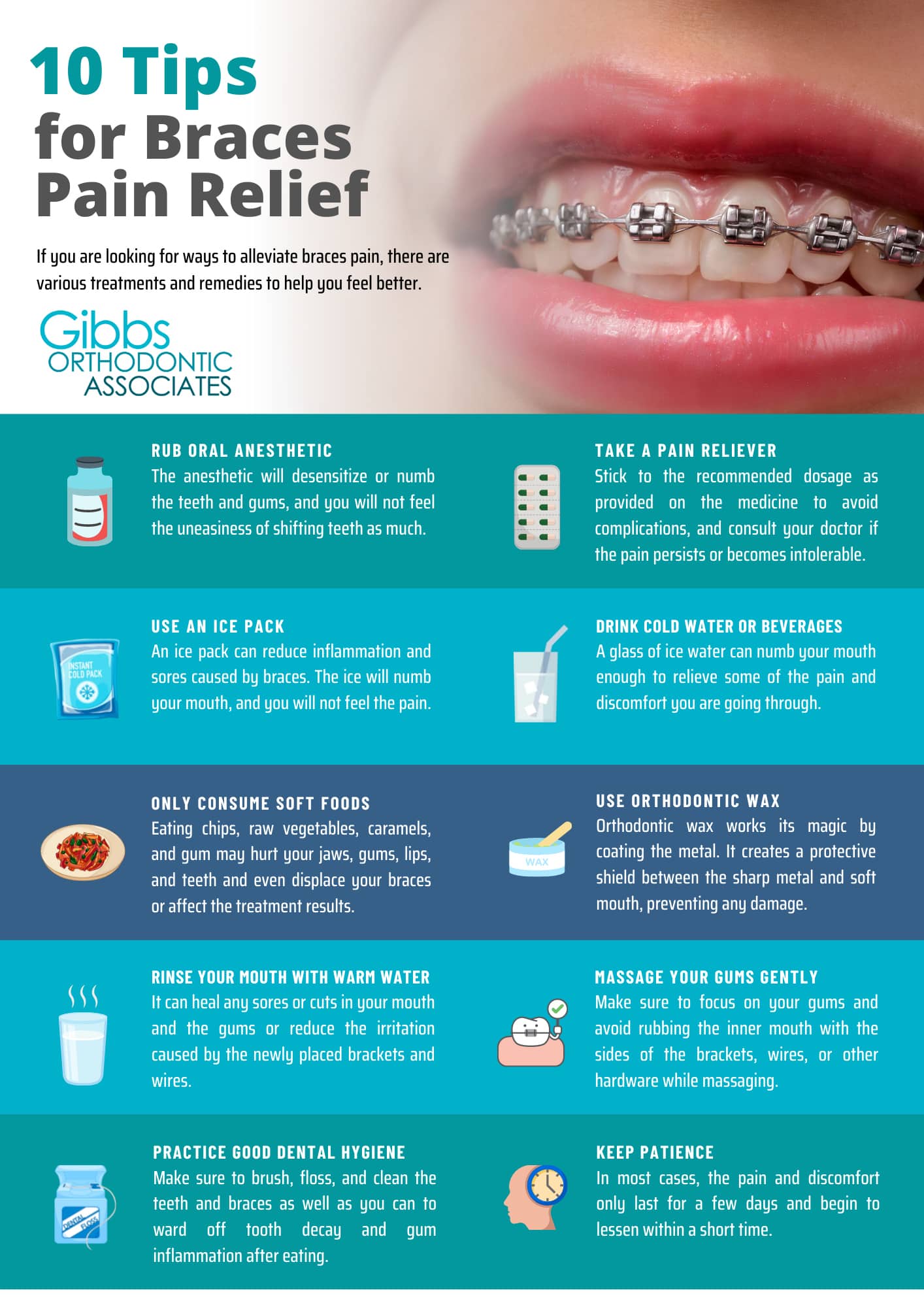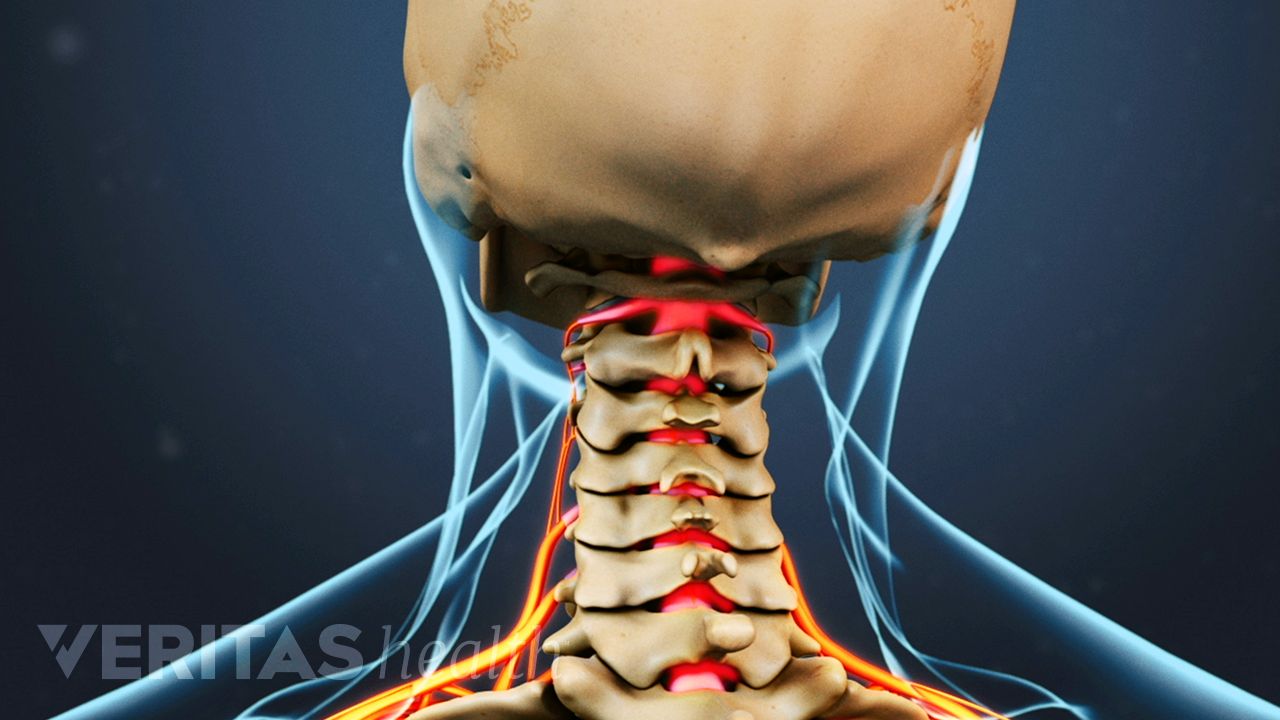How To Lessen Braces Pain? Quick Relief Tips

The discomfort of braces can be a challenging experience for many individuals, especially during the initial stages of orthodontic treatment. As the teeth begin to shift into their new positions, the pressure exerted by the braces can cause pain and soreness in the teeth, gums, and surrounding areas. However, there are several quick relief tips that can help alleviate this discomfort and make the journey to a perfect smile more manageable.
Understanding Braces Pain Before diving into the relief tips, it’s essential to understand the causes of braces pain. The primary reason for this discomfort is the tension created by the orthodontic appliances as they work to realign the teeth. This tension can lead to inflammation in the gums, soreness in the teeth, and even headaches or earaches in some cases. Fortunately, this pain is typically temporary and subsides as the mouth adjusts to the new appliances.
Quick Relief Tips To lessen the discomfort associated with braces, try these quick and effective relief tips:
Over-the-Counter Pain Relievers: Over-the-counter pain relievers such as acetaminophen (Tylenol) or ibuprofen (Advil, Motrin) can help alleviate braces pain. These medications work by reducing inflammation and relieving pain caused by the tension exerted by the braces. Always follow the recommended dosage instructions and consult your orthodontist or general dentist before taking any medication.
Orthodontic Wax: Orthodontic wax is a special type of wax that can be applied to the braces to reduce irritation and discomfort. This wax creates a barrier between the metal parts of the braces and the gums, cheeks, or lips, preventing them from rubbing against these sensitive areas. To apply orthodontic wax, simply pinch off a small piece, roll it into a ball, and press it onto the offending area.
Saltwater Rinse: Rinsing your mouth with warm salt water several times a day can help reduce inflammation and soothe sore gums and teeth. To make a saltwater rinse, mix 1 teaspoon of salt with 8 ounces of warm water and swish the solution around your mouth for about 30 seconds before spitting it out. Avoid swallowing the saltwater.
Soft Food Diet: Eating soft foods can help reduce the amount of pressure exerted on your teeth and gums, thereby minimizing discomfort. Opt for foods like yogurt, mashed potatoes, scrambled eggs, and soft fruits and vegetables. Avoid hard, crunchy, or sticky foods that can exacerbate the pain.
Cold Compress: Applying a cold compress to the outside of your mouth can help numb the area and reduce pain. Wrap an ice pack or a cold, damp washcloth in a towel and apply it to the outside of your mouth for 5-10 minutes at a time.
Good Oral Hygiene: Maintaining good oral hygiene is essential for reducing the risk of complications and alleviating discomfort. Brush your teeth gently with a soft-bristled toothbrush and fluoride toothpaste, and floss carefully to remove any food particles that may be trapped between your teeth or around your braces.
Additional Tips for Long-Term Relief While the quick relief tips can provide immediate comfort, there are several additional strategies that can help minimize braces pain over the long term:
- Regular Orthodontic Adjustments: Regular orthodontic adjustments are crucial for ensuring that your braces are working effectively and efficiently. During these appointments, your orthodontist will tighten or loosen the braces as needed to maintain the optimal amount of tension.
- Braces-Friendly Oral Care Products: Using braces-friendly oral care products, such as a soft-bristled toothbrush and a fluoride toothpaste, can help reduce the risk of complications and alleviate discomfort.
- Relaxation Techniques: Practicing relaxation techniques such as deep breathing, meditation, or yoga can help reduce stress and anxiety, which can contribute to braces pain.
How long does braces pain typically last?
+Braces pain typically subsides within a few days to a week after the initial appointment or an adjustment. However, some individuals may experience discomfort for a longer period. If the pain persists or worsens, it's essential to consult your orthodontist for advice and guidance.
Can I use over-the-counter pain relievers for an extended period?
+While over-the-counter pain relievers can provide temporary relief, it's essential to follow the recommended dosage instructions and consult your orthodontist or general dentist before taking any medication for an extended period. Prolonged use of pain relievers can lead to adverse effects and interact with other medications.
How can I prevent irritation from orthodontic appliances?
+To prevent irritation from orthodontic appliances, apply orthodontic wax to the offending areas, maintain good oral hygiene, and avoid eating hard or sticky foods. Regular orthodontic adjustments can also help ensure that your appliances are fitting comfortably and functioning properly.
In conclusion, while braces pain can be uncomfortable, there are several quick relief tips and long-term strategies that can help alleviate this discomfort. By understanding the causes of braces pain, trying these relief tips, and maintaining good oral hygiene, individuals can minimize their discomfort and focus on achieving a perfect smile. Remember to consult your orthodontist or general dentist if you experience persistent or severe pain, as they can provide personalized advice and guidance to ensure a comfortable and successful orthodontic treatment experience.
